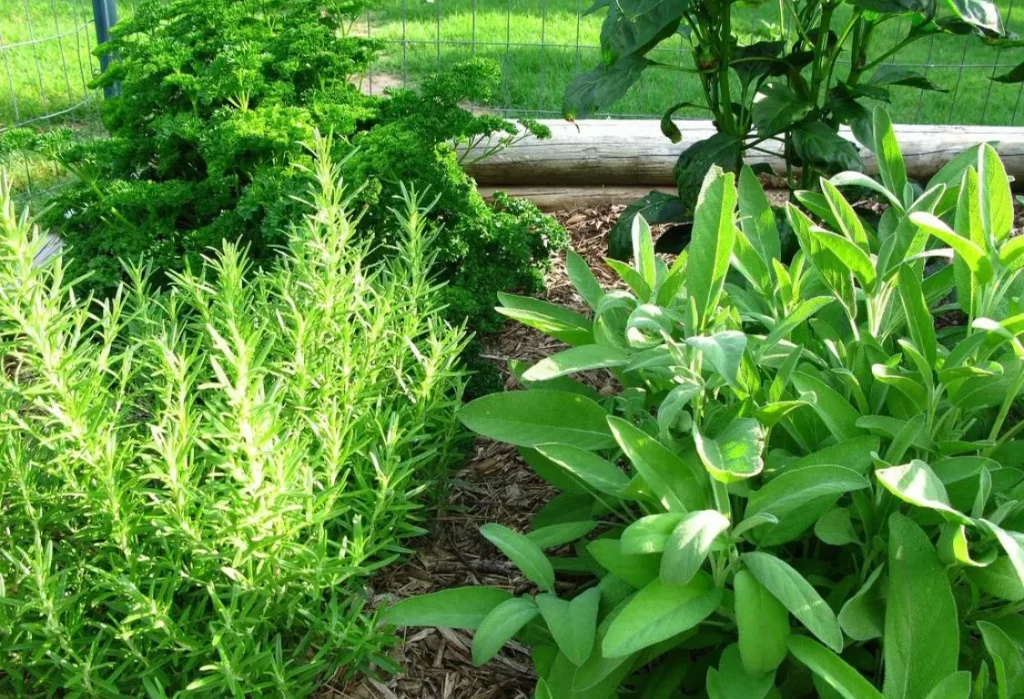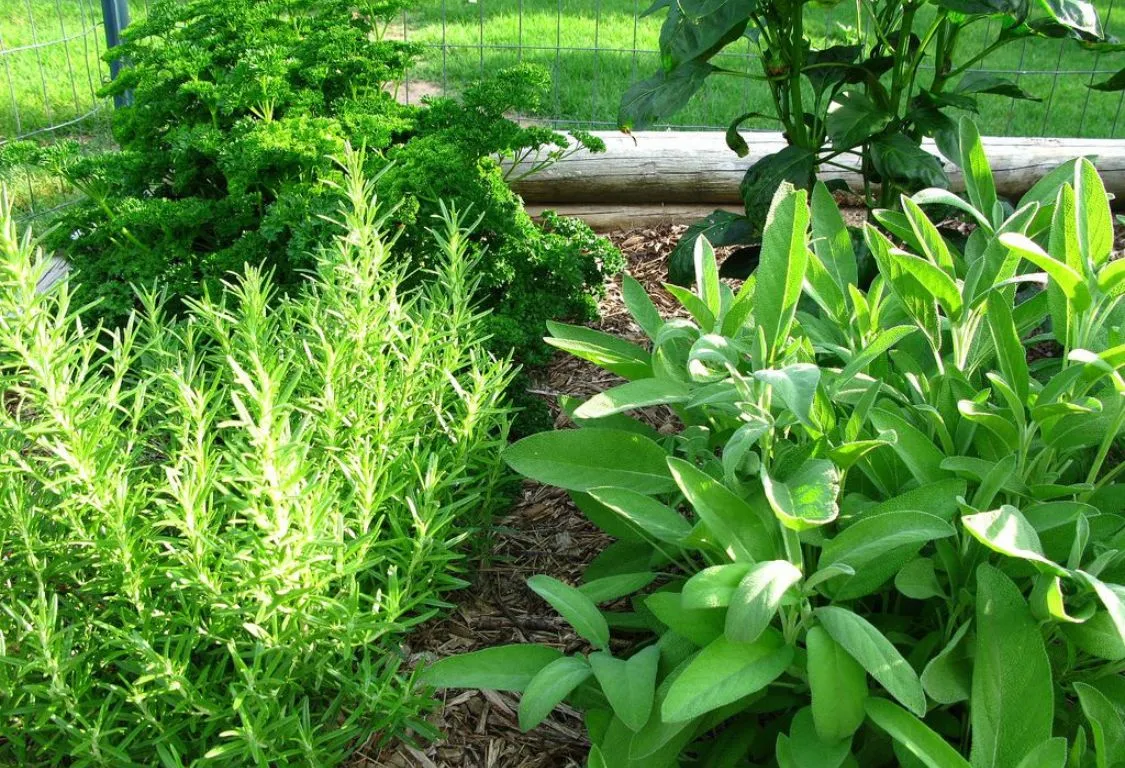The Ultimate Guide to Growing Common Herbs at Home
Growing your own herbs at home can be a rewarding and cost-effective way to enhance your culinary creations, boost your health, and beautify your living space. Whether you have a sprawling garden or a small windowsill, there are herbs suitable for every type of space and level of gardening experience. In this comprehensive guide, we will explore some of the most Growing Common Herbs, their benefits, and tips on how to cultivate them successfully.
Why Grow Your Own Herbs?
Growing herbs at home comes with numerous benefits:
- Freshness and Flavor: Freshly picked herbs have a superior flavor and aroma compared to store-bought options.
- Cost Savings: Growing your own herbs can save you money in the long run.
- Health Benefits: Many herbs have medicinal properties and can contribute to your overall well-being.
- Sustainability: Homegrown herbs reduce the carbon footprint associated with transportation and packaging.
- Aesthetic Appeal: Herbs can enhance the visual appeal of your home and garden.
Common Herbs to Grow at Home
1. Basil
Benefits: Basil is a fragrant herb commonly used in Italian cuisine. It has anti-inflammatory properties and is rich in antioxidants.
Growing Tips:
- Soil: Well-drained, nutrient-rich soil.
- Light: Full sun.
- Watering: Regular watering, but avoid waterlogging.
- Harvesting: Pinch off the top leaves regularly to encourage bushy growth.
2. Mint
Benefits: Mint is known for its refreshing flavor and is often used in teas, desserts, and cocktails. It aids digestion and has a soothing effect.
Growing Tips:
- Soil: Moist, well-drained soil.
- Light: Partial shade to full sun.
- Watering: Keep the soil consistently moist.
- Harvesting: Harvest leaves regularly to prevent the plant from becoming leggy.
3. Rosemary
Benefits: Rosemary is a robust herb with a woody aroma, often used in Mediterranean dishes. It improves memory and concentration.
Growing Tips:
- Soil: Sandy, well-drained soil.
- Light: Full sun.
- Watering: Allow the soil to dry out between watering.
- Harvesting: Snip sprigs as needed, but avoid cutting more than one-third of the plant at a time.
4. Thyme
Benefits: Thyme is a versatile herb with a strong, earthy flavor. It has antiseptic and antibacterial properties.
Growing Tips:
- Soil: Well-drained soil.
- Light: Full sun.
- Watering: Water only when the soil is dry.
- Harvesting: Harvest just before the plant flowers for the best flavor.
5. Parsley
Benefits: Parsley is a popular garnish that also provides numerous vitamins and minerals. It supports bone health and boosts the immune system.
Growing Tips:
- Soil: Moist, well-drained soil.
- Light: Partial shade to full sun.
- Watering: Keep the soil evenly moist.
- Harvesting: Snip outer leaves from the base of the plant.
6. Cilantro (Coriander)
Benefits: Cilantro is widely used in Mexican and Asian cuisines. It has detoxifying properties and can lower blood sugar levels.
Growing Tips:
- Soil: Well-drained soil.
- Light: Full sun to partial shade.
- Watering: Regular watering, but do not overwater.
- Harvesting: Harvest leaves as soon as they are large enough to use.
7. Oregano
Benefits: Oregano is a staple in Italian and Greek cooking. It has powerful antioxidant properties and can fight infections.
Growing Tips:
- Soil: Well-drained soil.
- Light: Full sun.
- Watering: Water when the soil is dry to the touch.
- Harvesting: Harvest leaves regularly to promote new growth.
General Tips for Growing Herbs
- Choose the Right Containers: If you’re growing herbs in pots, ensure they have adequate drainage holes.
- Use Quality Soil: Invest in good-quality potting soil that is rich in organic matter.
- Regular Pruning: Prune your herbs regularly to encourage healthy growth and prevent them from becoming woody or leggy.
- Pest Control: Monitor your herbs for pests such as aphids and spider mites. Use natural remedies or insecticidal soap to keep them at bay.
- Fertilizing: Feed your herbs with a balanced, water-soluble fertilizer every few weeks to ensure they have the nutrients they need.
Conclusion
Growing your own herbs is a fulfilling hobby that offers a plethora of benefits. With the right care and attention, you can enjoy fresh, flavorful herbs year-round, enhance your cooking, and improve your health. Whether you’re a seasoned gardener or just starting out, these Growing Common Herbs are a great addition to any home garden. How to Start a Vegetable Garden in 6 Easy Steps


